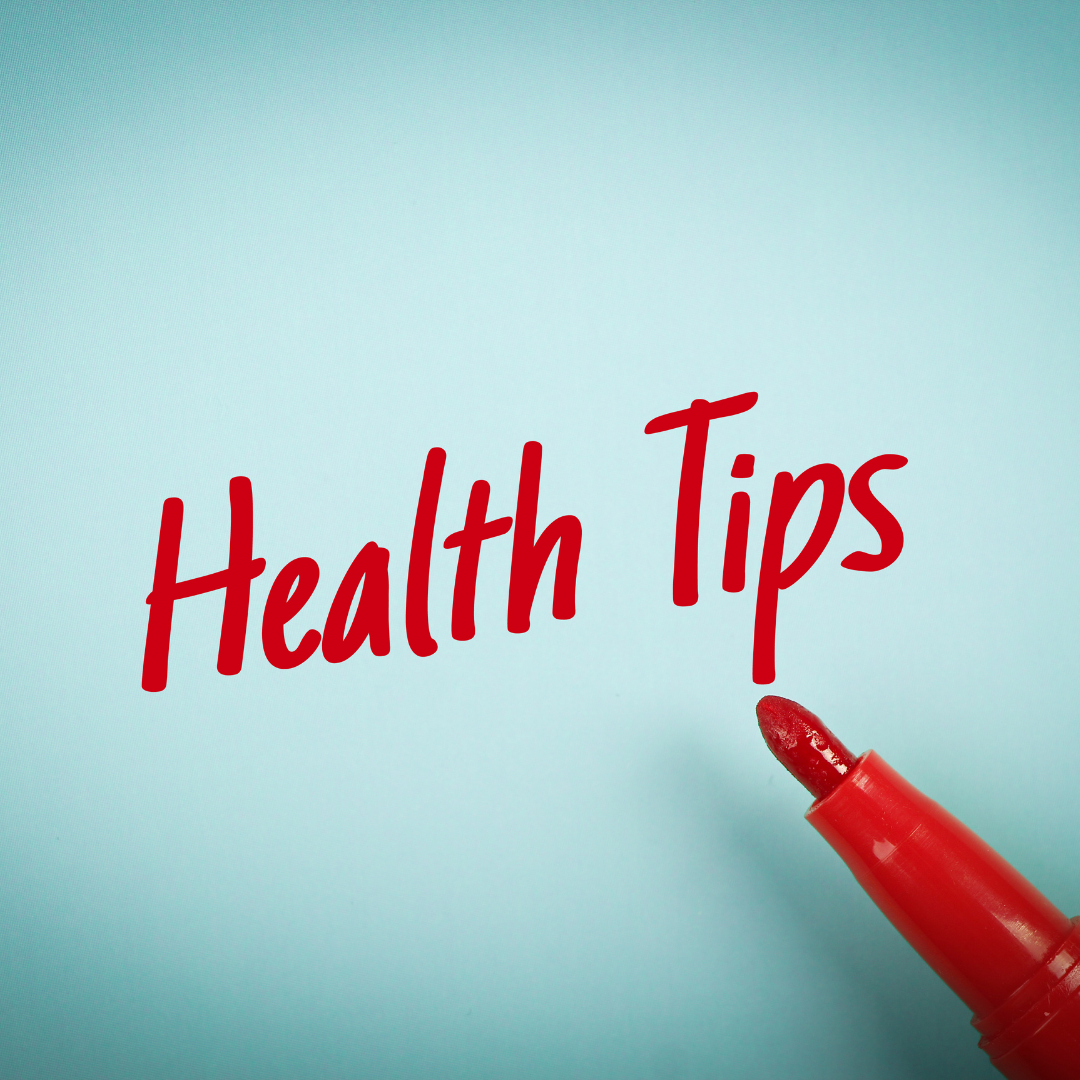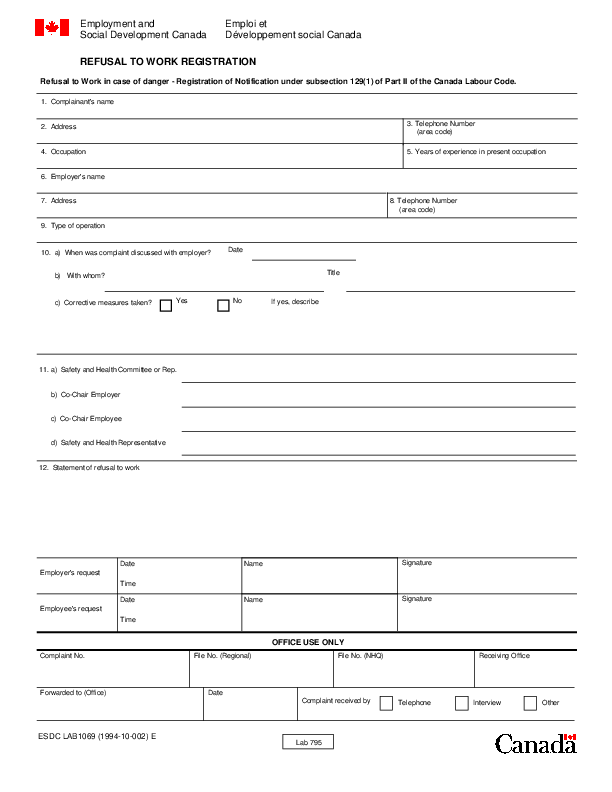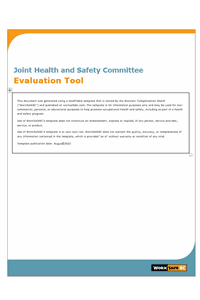
Chronic Stress and Eating Tips for Truck Drivers
If you are dealing with chronic stress, here are some dietary strategies to help you cope and thrive.
Stress is a feeling we all experience when we are challenged or overwhelmed, but more than just an emotion, stress is a hardwired physical response that travels throughout your entire body. In the short term, stress can be advantageous, but when activated too often or too long, your primitive fight or flight response not only changes your brain but also damages many other organs and cells throughout your body. Prolonged stress accelerates your body’s use of carbohydrates, protein and fat and many vitamins and minerals. The better nourished you are the better you are at coping with stress.
Strategies to help your body manage stress:
1. Don’t skip breakfast – Fueling your body after an overnight fast provides carbohydrates to your brain. Be sure to include protein as an anchor for energy. If you are in a rush bring a smoothie in your truck to go.
2. Eat 5 times each day. Aim for breakfast, snack, lunch, snack, dinner. This will provide steady fuel to the brain. Have easy to eat snacks at reach in your cab. Pre-portioned containers of trail mix or almonds, a cut orange or apple slices are great options.
3. Eat plenty of fruits and vegetables- antioxidants found in fruits and vegetables have been associated with cognitive function and help improve immune function.
4. Eat Complex carbohydrates- whole grains, fruits, vegetables and dairy provide a source of slow releasing energy that helps release serotonin which is calming.
5. Include lean meats, fish, poultry, legumes and yogurt for protein and zinc, 2 nutrients in demand with chronic stress.
6. A deficiency in magnesium can trigger migraine headaches. Choose whole grains, grapefruits, figs, seeds, raisins and tomatoes for magnesium.
7. B Vitamins are used in mobilizing energy stores and neurotransmitter production. A lack of B vitamins can result in fatigue, irritability and anxiety. Deficiencies in B12 and folate can lead to psychiatric disturbances. Good sources include enriched cereals, legumes, nuts and seeds, greens, meat, poultry and yogurt. Talk to your dietitian about a B Complex supplement.
8. Get more tryptophan from foods such as fish, turkey and beans as tryptophan is used in the production of serotonin.
9. Increase omega-3 fats- Fish oils, especially EPA, flaxseed and walnuts are sources of omega 3 fats, the primary structural fatty acid in the gray matter of the brain. EPA influences receptor activity, making it easier for serotonin to pass through the cell.
10. Get enough vitamin D. The Mood vitamin. 600-2000IU/day.
11. Vitamin C helps blunt the rise in cortisol during stress and can mitigate some of its’ harmful effects. Vitamin C is involved in the synthesis of neurotransmitters such as serotonin, dopamine and norepinephrine. People with high blood levels of vitamin C have been shown to fare better mentally and physically in stressful situations. Eat kiwi, oranges, strawberries, broccoli, peppers, tomatoes. Consider a supplement of 500mg vitamin C 1-2x per day.
12. Drink plenty of water. Dehydration not only affects energy but also mood. Keep your water bottle handy in your truck and be sure to get refills at truck stops.
13. Reduce Sugar/sweets- sugar consumption can lead to blood sugar fluctuations and result in changes in mood, headaches and fatigue. Sugar activates the sweet taste receptors which sends messages to the brain releasing dopamine activating the reward system.
14. Limit Caffeine- too much caffeine can give you the jitters, make you nervous and affects your sleep. Have decaf or tea. Tea contains less caffeine 920-60mg/cup vs 90-200mg in coffee.
15. Limit or avoid Alcohol– limit alcohol to 1 drink or les per day. Alcohol makes you edgy, depressed and can interfere in sleep.
The Food and Mood Project in Britain found a link between a healthy diet and stress reduction. The participants reported that sugar, caffeine and alcohol worsened symptoms of stress and a diet rich in vegetables, fruit, fish and nuts helped calm stress.
Under chronic stress certain individuals are more inclined to stress eat. In particular, those who are restrained eaters (dieters), emotional eaters, sleep deprived (<5hrs/night) or obese individuals tend to stress eat. If you tend to eat under stress, here are some tips to break the stress eating cycle and enjoy a healthful diet even in difficult times.
1. Build a good Foundation: Prepare your brain and body in advance by eating regular meals and snacks every 3-4 hours and you will handle stress better.
2. Enjoy complex carbohydrates and limit sugar. Complex carbohydrates such as fruits, vegetables and whole grains help produce serotonin which counteracts stress.
3. Recognize what is happening. HALTS. Are you Hungry, Angry, Lonely, Tired or Stressed? Negative emotions trigger feelings of hunger and the habitual response to feel better is to eat. Often going for a walk, deep breathing or calling a friend can do the trick.
4. Mindfulness. Use your senses and be mindful of the foods you choose to eat. Pay attention to the taste, smell and amount of food. Don’t eat in front of the TV or computer, eat from a plate, sit down.
5. Have a plan B- when the stress eating urge hits, have healthy snacks with you wherever you go. Trail mix pre-portioned into small packages, fruit, energy bars like Larabar, Elevate Me or Kind bars.
6. Fool yourself/substitute. If you crave a crunch, substitute with lower calories options such as crispy rice crackers, carrot sticks or All bran buds. For sweet, replace it with fruit like frozen blueberries
7. Out of sight out of mind: Don’t bring them in your truck. Keep tempting foods in opaque containers in the freezer or back of the cupboard (or keep them at the grocery store if you can’t keep them at home).
8. Choose healthy stress busting alternatives like going for a walk/run, listening to music, brushing your dog, meditation or yoga.
9. Press pause. Try to wait it out. By saying you can have it later gives you time for the impulse to pass.
10. Keep it real. It’s normal to eat according to emotion (celebrations/feeling blue) just don’t do it all the time.
Your life will always be filled with stressful situations, but what matters to your brain and entire body is how your respond to that stress. If you can view those situations as challenges that you can control and master rather than as threats that are insurmountable you will perform better in the short run and stay healthy in the long run.
Stay up to date on safety and sign up for our weekly newsletter!
Latest Resources
LAB 1069-Refusal to Work Registration
The Employer’s Investigation Report (LAB1069) is a required form under Part II of t ...
Joint Health and Safety Committee Evaluation Tool
This evaluation tool helps assess the effectiveness of a Joint Health and Safety Comm ...

